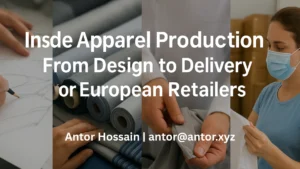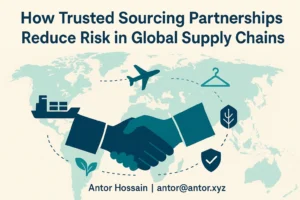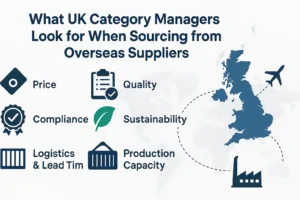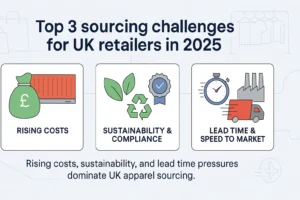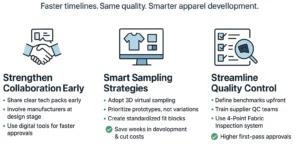Introduction
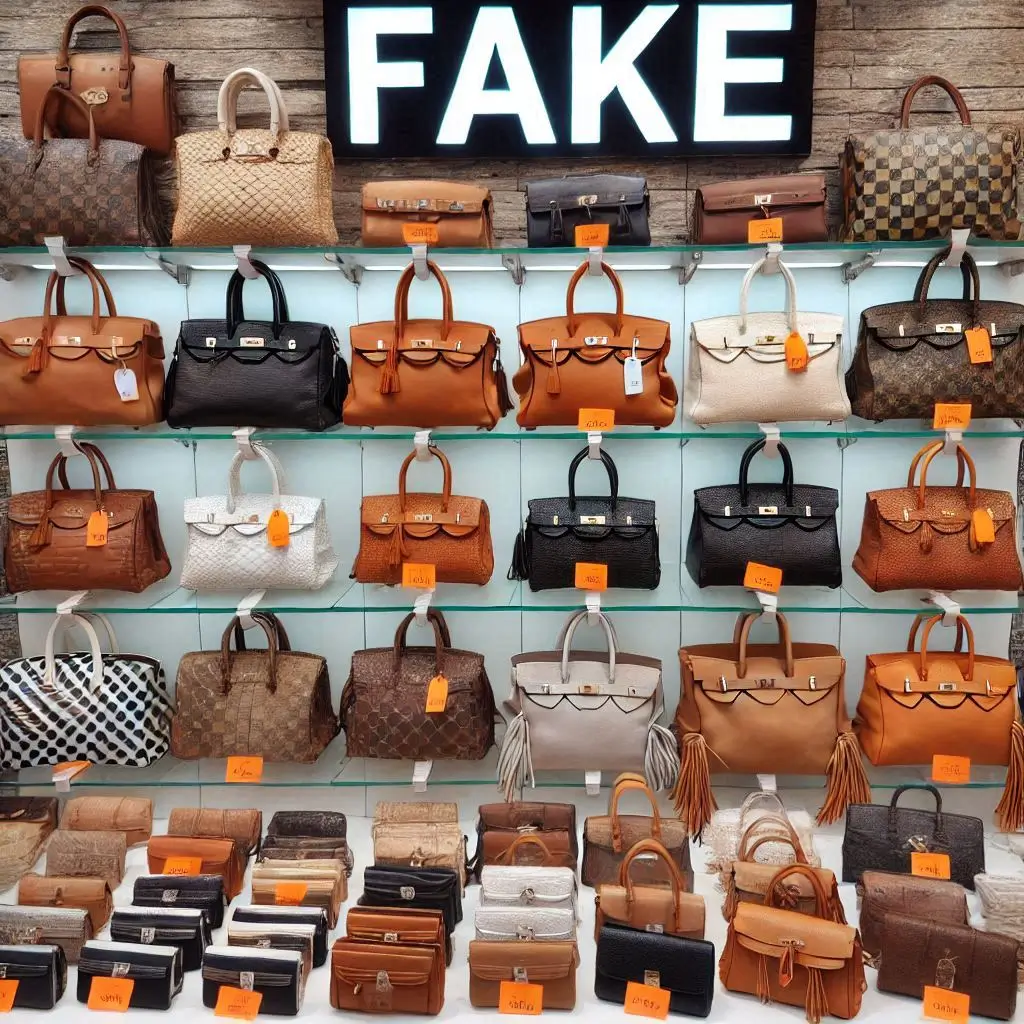
Fast fashion is a term used to describe clothing and accessories that are designed, manufactured, and brought to market quickly and affordably. This allows mainstream consumers to take advantage of the latest trends at lower prices. This business model has been adopted by many large retailers, including H&M, Forever 21, and Zara.
Caption: A display of fake, or knockoff, designer handbags, purses, and wallets.
The Philosophy of Fast Fashion
Fast fashion relies on quick manufacturing and affordable pricing to meet the demands of the target market. Retailers aim to deliver the latest runway trends and new product variations to sales floors as swiftly as possible. This is achieved through a deep understanding of consumer desires and efficient collaboration between product developers, buyers, and manufacturers.
Key Points:
- Rapid Manufacturing: Ensures trends reach consumers quickly.
- Affordable Pricing: Makes high fashion accessible to a broader audience.
- Consumer-Centric: Focuses on delivering what customers want.
Product Development Objectives
The primary goal of product developers in the fast fashion industry is to create high-fashion-looking garments at mass-market prices. Once successful designs are identified, the focus shifts to modifying these items and manufacturing them quickly to maximize sales and profits.
Highlights:
- High-Fashion Look: Achieving designer looks at lower costs.
- Quick Modifications: Adapting successful designs for mass production.
- Collaboration: Working with buyers and manufacturers to optimize processes.
The Rise of Knockoffs
Knockoffs, or copies of existing styles often of lesser quality and with minor modifications, have a long history in the fashion industry. Examples include replicas of Hermès’ Birkin and Kelly bags, which can be found in mid-priced retail stores. Although less common today, retailers have historically created private-label lines composed of knockoffs.
Challenges in Fast Fashion
Retailers initially faced several obstacles when developing their own product lines. One significant challenge was the need to secure fabrics, avoid fit problems, and handle shipping logistics. Additionally, many overseas factories required retailers to open letters of credit, tying up large amounts of operational funds in advance of shipping.
Common Challenges:
- Fabric Sourcing: Ensuring quality materials.
- Fit Issues: Overcoming sizing and fit problems.
- Logistics: Managing shipping and credit requirements.
Evolution of Retail-Driven Product Development
As retail-driven product development matured, retailers built highly skilled design and merchandising teams to overcome these challenges. Some major retailers chose not to develop products in specialized apparel categories due to the high risks involved. Instead, they focused on basic apparel, jeans, and other categories with lower competition from major brands.
Development Focus:
- Basic Apparel: Less risk, easier fit.
- Jeans: Low-risk entry with price-point alternatives.
- Specialized Categories: Avoiding high-risk product areas.
Private Labels and Risk Management
Private labels, or retailer-developed brand names assigned to collections of products, allowed retailers to create unique and exclusive merchandise. Retailers often evaluated the risk of developing trendy, high-priced items, knowing that consumers might prefer designer names for investment purchases.
Strategies:
- Unique Merchandise: Creating exclusive products.
- Risk Evaluation: Assessing the market for high-priced items.
- Consumer Preferences: Balancing trends with known brand names.
Conclusion
Fast fashion has revolutionized the fashion industry by providing consumers with more product options more frequently. Despite the challenges, retailers have adapted by building skilled teams and focusing on less risky product categories. The rise of knockoffs and private labels has also played a significant role in shaping the industry.
Contact Information: Interested in learning more or in need of professional sourcing and production support? Contact me at antor@antor.xyz or visit my website https://antor.xyz.
Share Button


